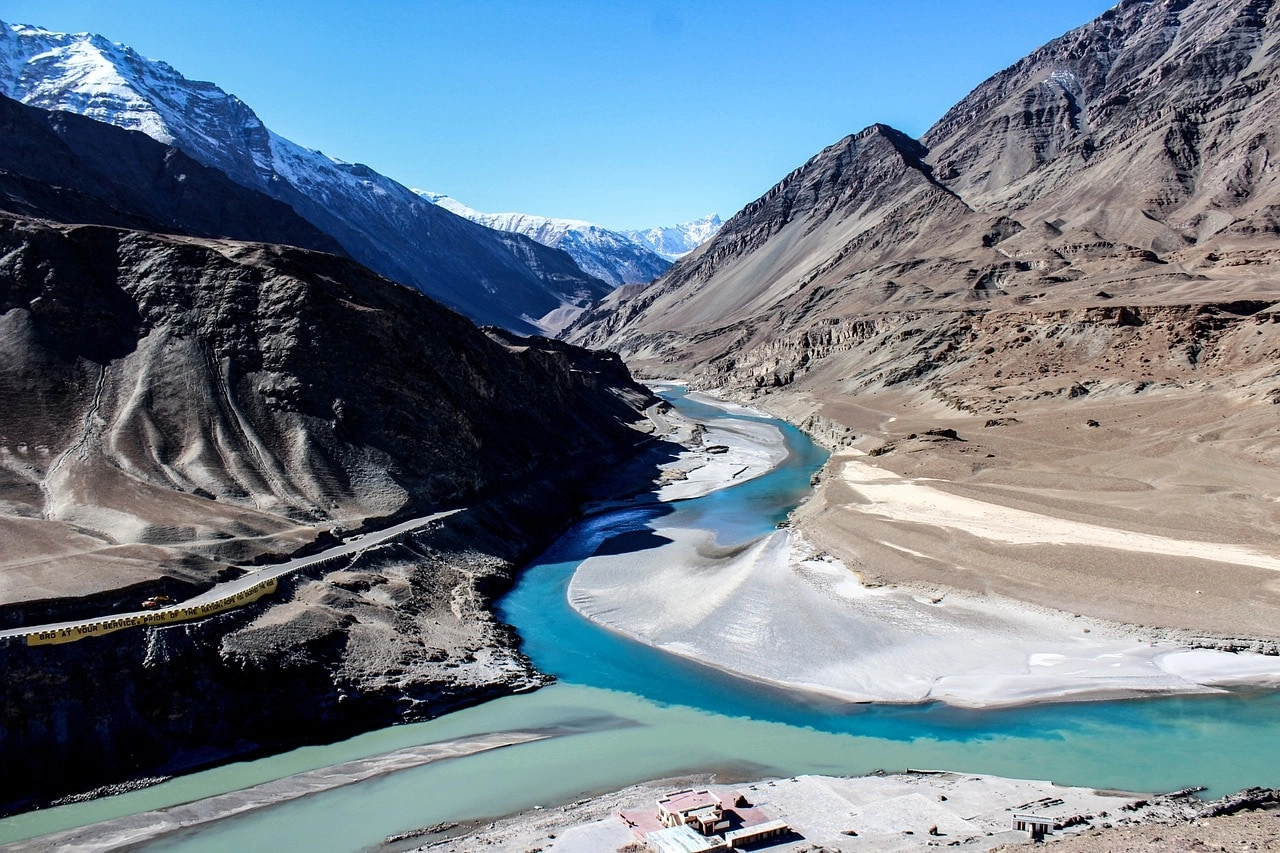The recent escalation in tensions between India and Pakistan has once again brought the focus on the Indus Waters Treaty, a critical agreement that has governed the sharing of river waters between the two nations since 1960. India’s move to suspend certain provisions of this treaty has been met with severe criticism from Pakistan, which has categorized it as an “act of war.” The Indus Waters Treaty was designed to ensure a fair distribution of the river system that both countries rely on for agriculture, drinking water, and hydroelectric power. The treaty allocates the waters of the Indus River and its tributaries, providing Pakistan with the rights to the western rivers while granting India rights to the eastern rivers.
India’s decision to suspend the treaty provisions is viewed as a provocative measure, especially in the context of ongoing geopolitical tensions. Pakistan’s response indicates a deep concern over the implications of this move, suggesting that it undermines the stability of not only bilateral relations but also regional peace. The core of Pakistan’s argument lies in the belief that any unilateral action by India to manipulate water resources could lead to severe humanitarian crises, particularly in agricultural areas that are heavily reliant on these waters. Pakistan’s leadership has framed this situation as a potential violation of international law, raising alarms about water security and the broader consequences of water scarcity.
The historical backdrop of the Indus Waters Treaty is significant, as it was born out of the aftermath of partition and the subsequent conflicts that arose between the two countries. The treaty has long been praised as a model for water-sharing agreements globally, but recent developments threaten its viability. Both nations have faced environmental challenges and population growth, intensifying the competition for scarce water resources. Thus, the current situation is not merely a political standoff; it speaks to the pressing need for sustainable resource management and cooperative governance in the face of climate change and rising demand.
As tensions mount, the international community is being urged to intervene and mediate to prevent further escalation. The potential for conflict over water resources is a stark reminder of how climate-related issues can exacerbate existing geopolitical rivalries. Diplomacy and dialogue are crucial at this juncture, as both nations must navigate their historical grievances while recognizing the mutual benefits that can arise from collaboration. The future of the Indus Waters Treaty hangs in the balance, and its fate could significantly influence the bilateral relations between India and Pakistan, with broader implications for stability in South Asia.




